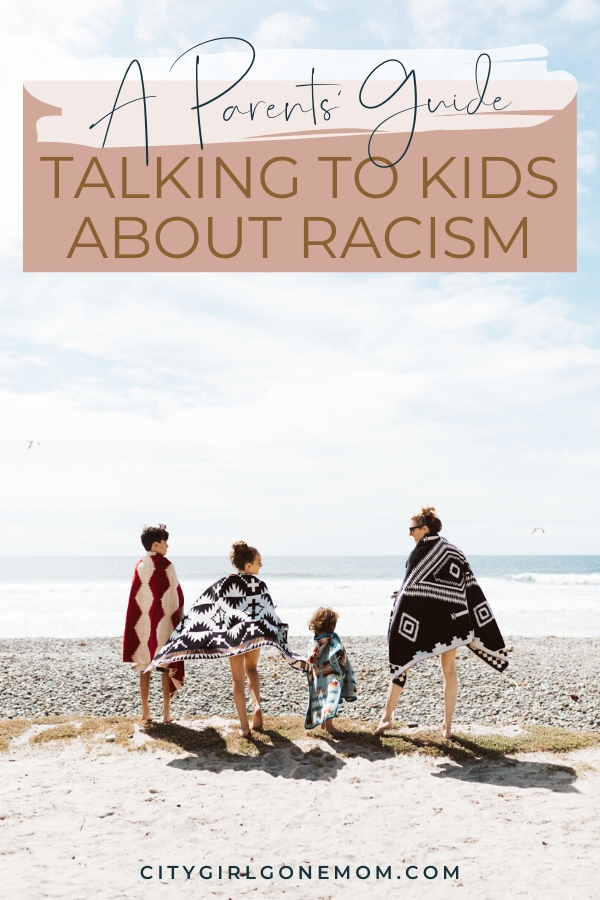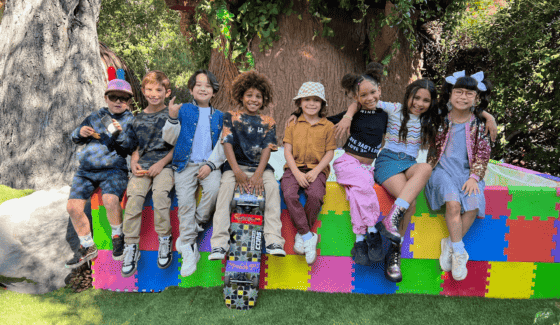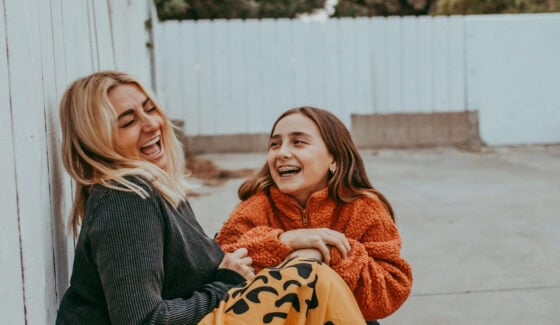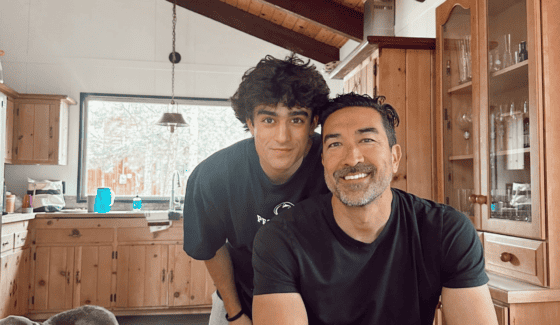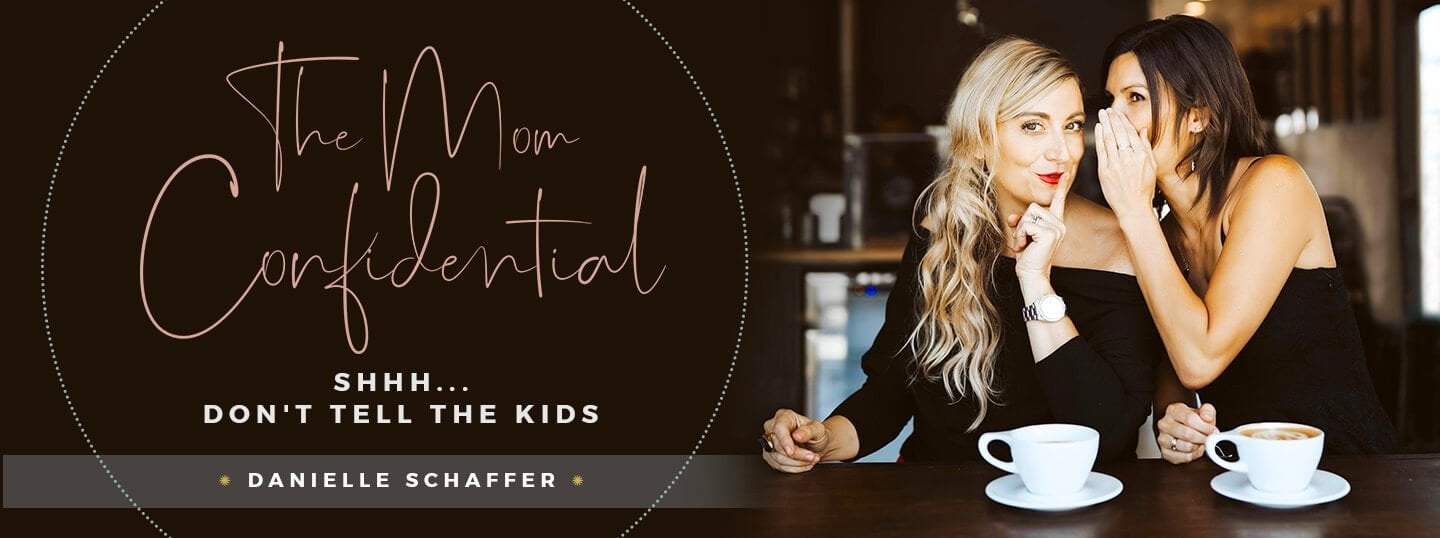There is so much going on in the world that as a mom, I just want to keep my little ones inside, tucked away from anger, violence, and hatred. But my children are growing up and it’s our responsibility to not turn a blind eye to the injustices of the world and teach our children to be the voices of change. Talking to my kids about racism is not easy, but it’s a non-negotiable that they learn to treat everyone as equals and learn to stand up for what’s right.
And during Black History Month, it’s a great time to talk to your kids about what’s going on in the world around us. Depending on their age, they may not fully understand everything, but I know it’s my job to help them understand and teach them right from wrong. Here are five things to keep in mind when you’re talking to your kids about racism.
For many years, local business Mom Culture has been spreading a movement about raising good humans. I would love for you to check out her page and support her efforts!
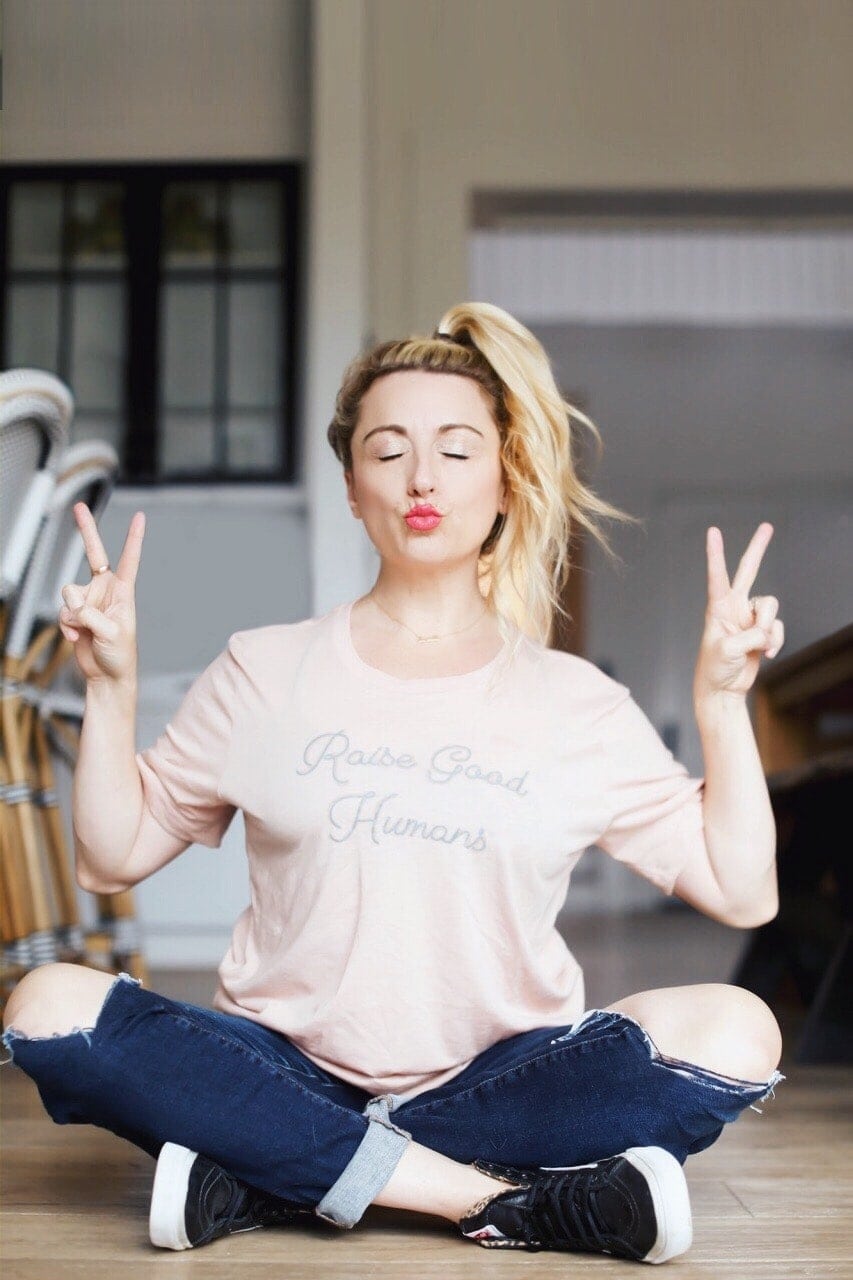

It’s an Ongoing Conversation
As uncomfortable as it can be, we have to talk with our kids about racism. Our silence is doing nothing. Teaching them nothing. Or worse, it’s teaching them that our silence is covering something shameful, something uncomfortable, something that we just don’t talk about. Silence teaches them that what’s happening in the world is okay.
Understandably, we fear that talking about the differences between people will draw attention to those differences. But kids notice these things whether we point them out or not. Having an open line of communication will allow them to ask questions, share their feelings, and hopefully, grow into understanding, kind people.
At the same time, it’s okay to not know how to broach a subject like this. It’s understandable if you don’t know exactly what to say, but it’s imperative to start the conversation. First and foremost, educate yourself about how to address racial bias and the best way to talk to your kids.
Racism is any action, practice, or belief that reflects the ideology that humans may be divided into separate and exclusive biological entities called “races”; that there is a causal link between inherited physical traits and traits of personality, intellect, morality, and other cultural and behavioral features; and that some races are innately superior to others.

Stay Calm and Rational
I get upset and frustrated, angry and heartbroken when horrible things happen, just like the rest of the world, but before talking to your children, make sure you’re calm and levelheaded. It’s okay to show some emotion to your children, but it’s important that little ones see their parents as a safe space where they can feel comforted, ask questions, and explore their fright and confusion.
I don’t know why so many people have so much hatred in their hearts. Racism highlights the very worst of humanity and of course, it’s going to make you upset. But try to keep a level head when your kids are asking questions—they need you to help them comprehend this very difficult topic. Stay calm.
Check out more parenting tips and follow us on City Girl Gone Mom TikTok!
The NAACP was founded in 1909. Among the stated goals were the abolition of all forced segregation, the enforcement of the 14th and 15th Amendments, equal education for blacks and whites, and the complete enfranchisement of all black men.
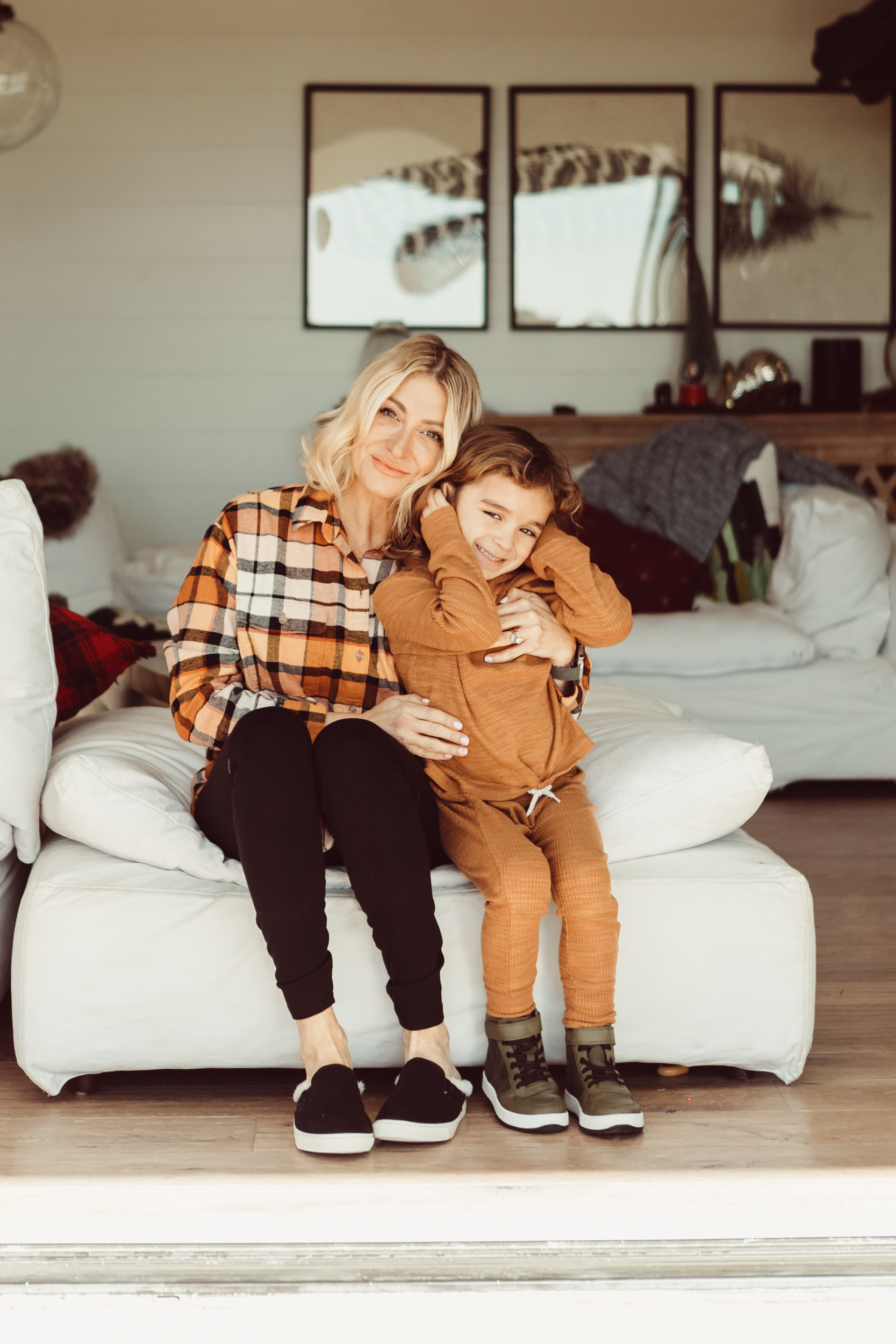
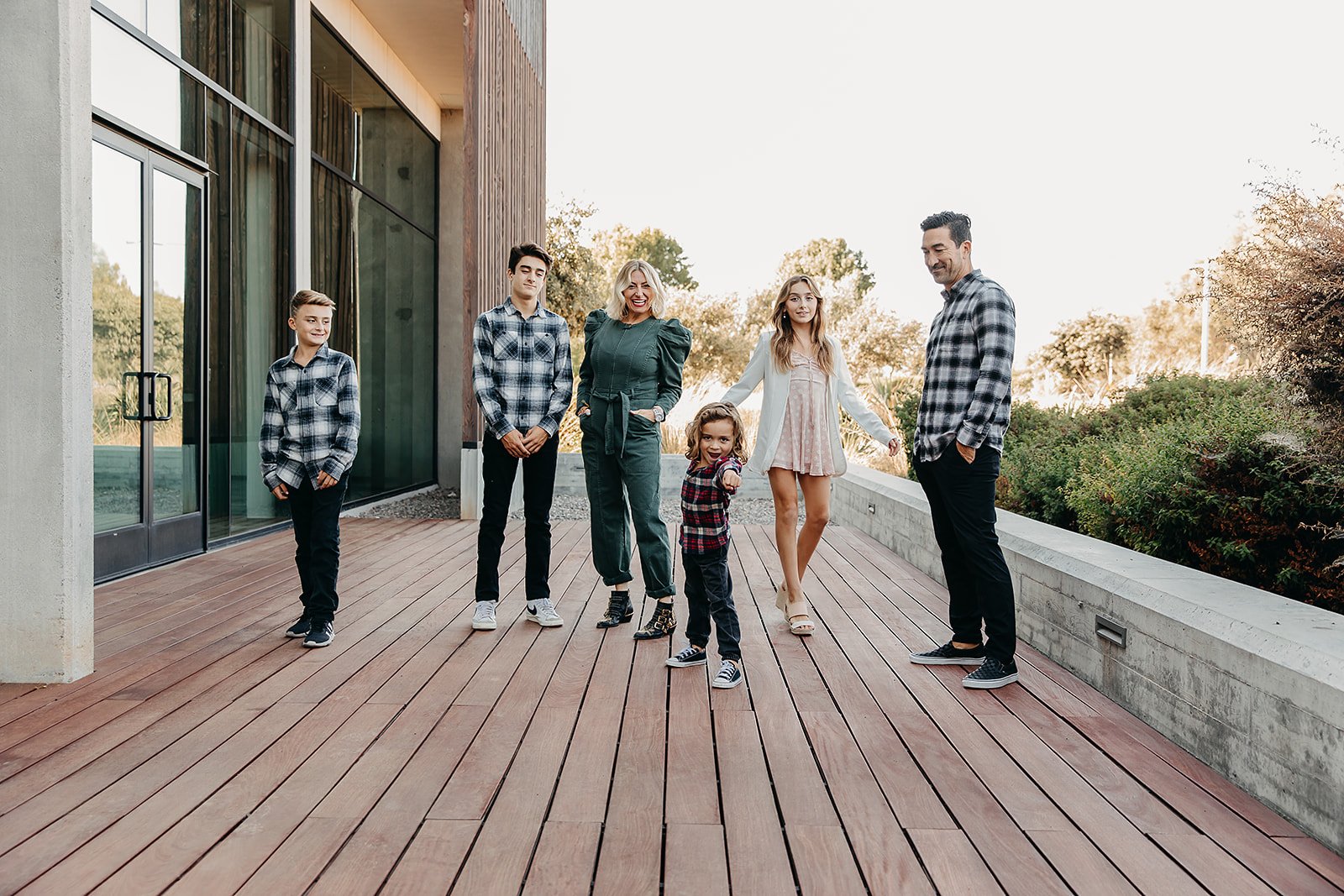
Have an Age-Appropriate Conversation With Your Kids
According to CNN, studies show that babies as early as six months can distinguish differences in skin tones. And by early childhood, kids will have better opinions of people they consider “the same,” even if those similarities are simply perceived rather than literal. Racism is a topic that needs to be addressed early and in an age-appropriate way.
Toddlers may point out differences in people and it’s a great time to remind them how wonderful it is that we’re all different. Talk to your grade-schoolers about the TV or movies they watch, pointing out racial bias with the “bad guys” or “villains” of the story. Middle and high schoolers might appreciate a more direct approach—ask them how they feel and have an open discussion.
Remember to use age-appropriate language and understand that they don’t need to know everything all at once. Racial bias and discrimination should be an ongoing conversation as your children grow up. The discussions will get easier to bring up and become more complex as they get older.
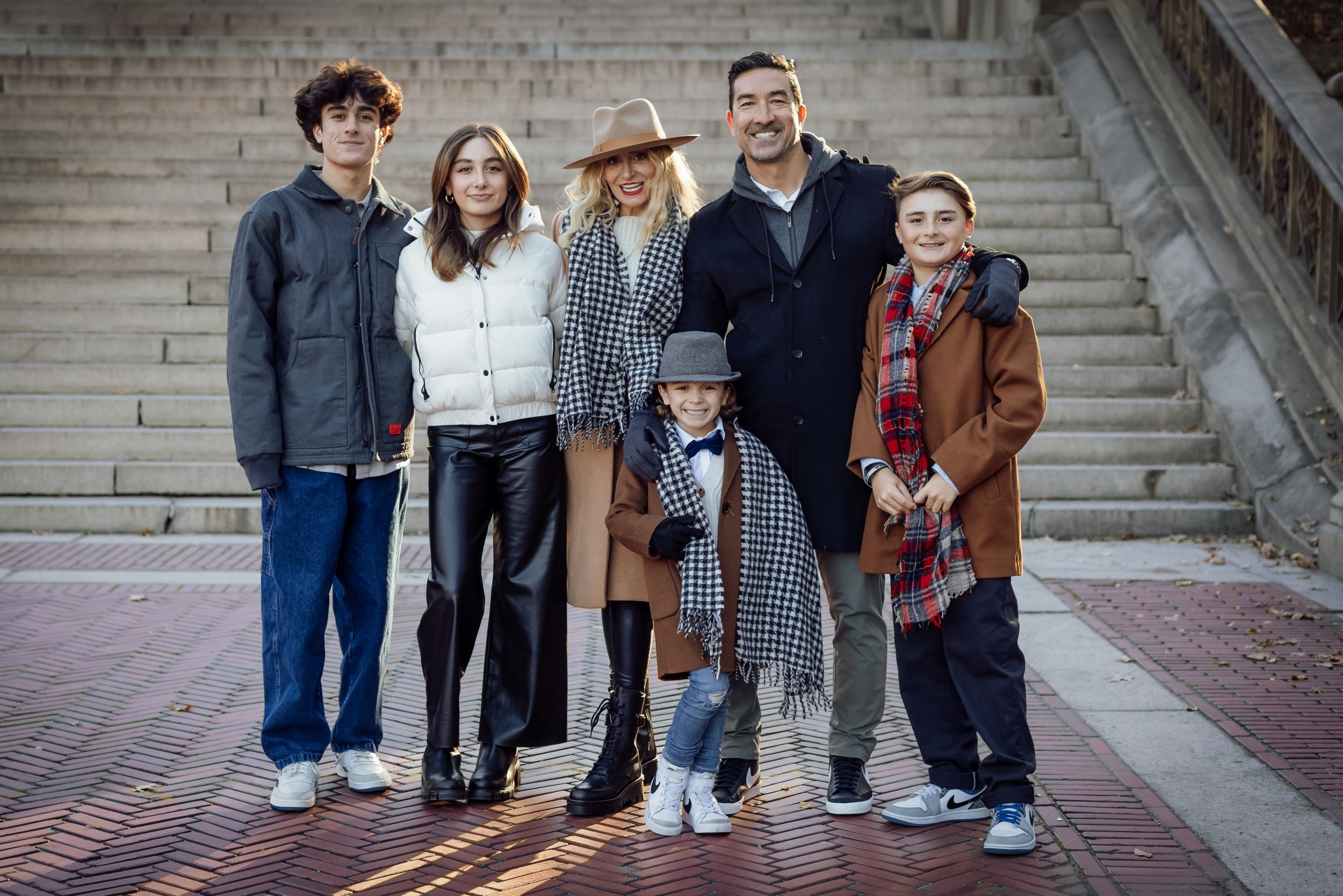
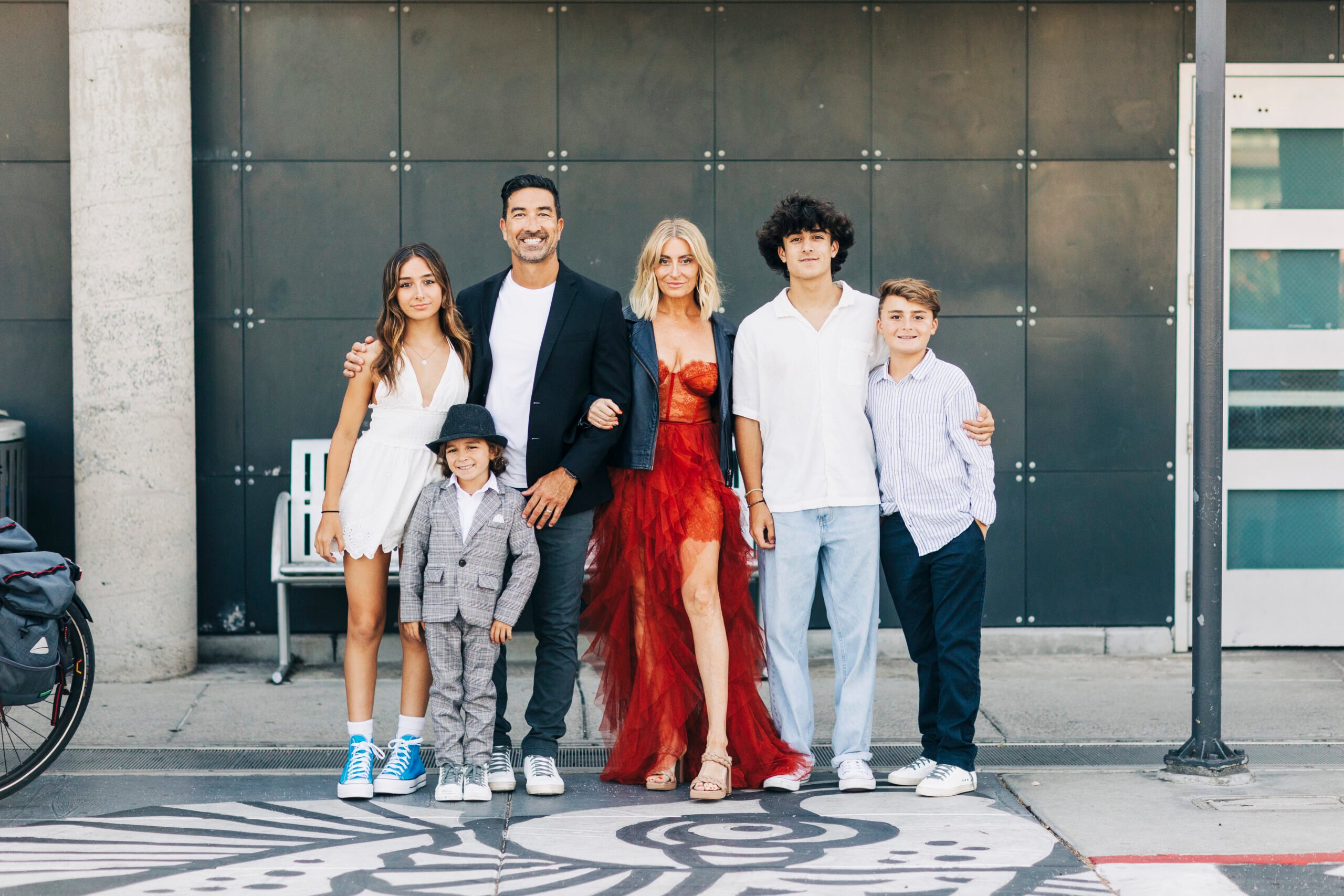
Celebrate Diversity
Celebrate each other’s differences. We’re a diverse group of people all living on this planet together and your children are a part of that. Their friends, family, neighbors—everyone matters and should be treated equally. Don’t forget children are like sponges and will copy everything you do. There are so many cultures, religions, races—we’re all different and it’s what makes this world so wonderful!
Find games, books, or shows that showcase diversity and celebrate a variety of cultures, races, and people. Be prepared to answer questions or explain certain concepts to your child as they explore and learn.
Need more fun family videos? Subscribe to City Girl Gone Mom on YouTube!
President Abraham Lincoln issued a preliminary emancipation proclamation on January 1, 1863. He made it official that enslaved people within any state, or designated part of a state in rebellion, “shall be then, thenceforward, and forever free.”
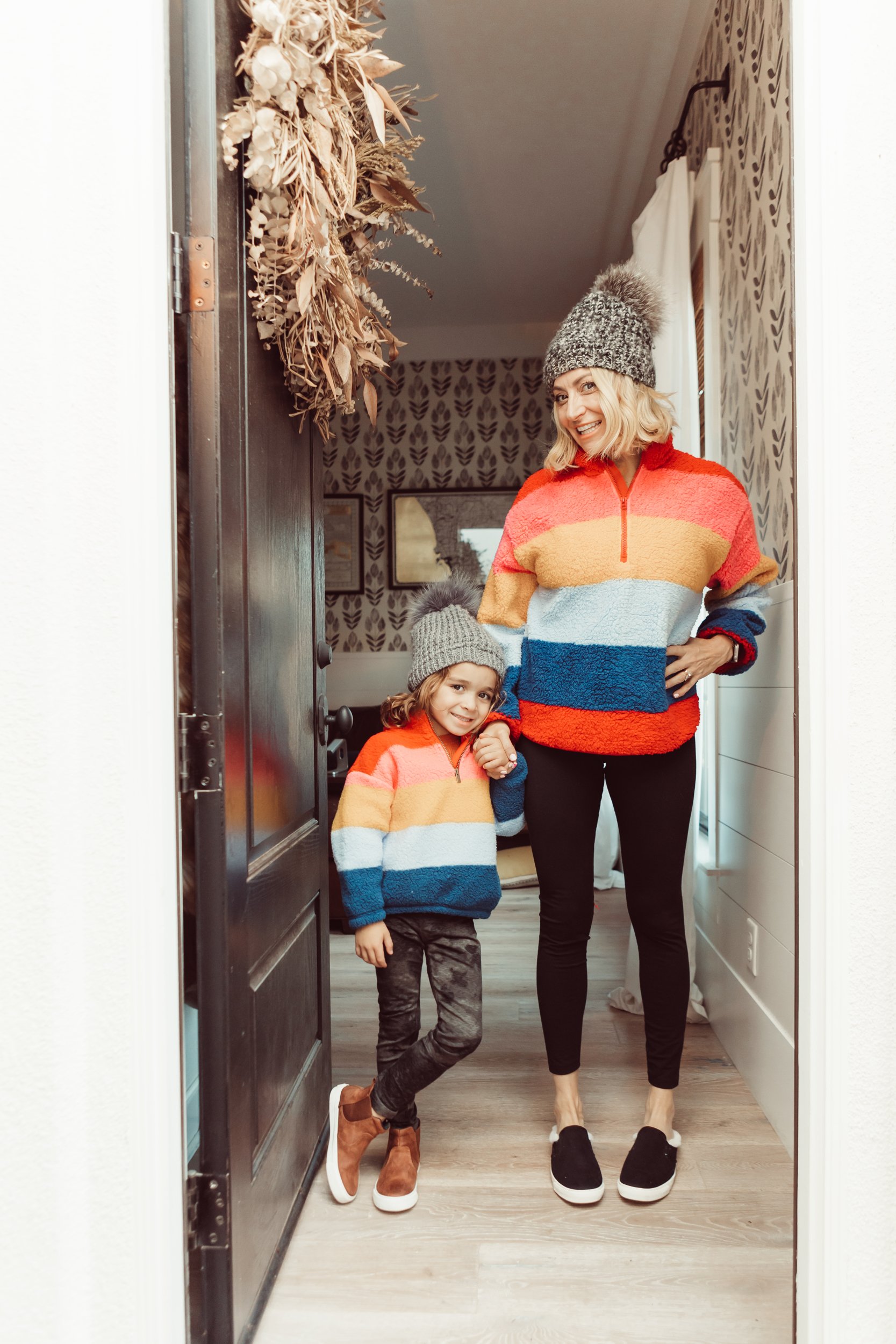
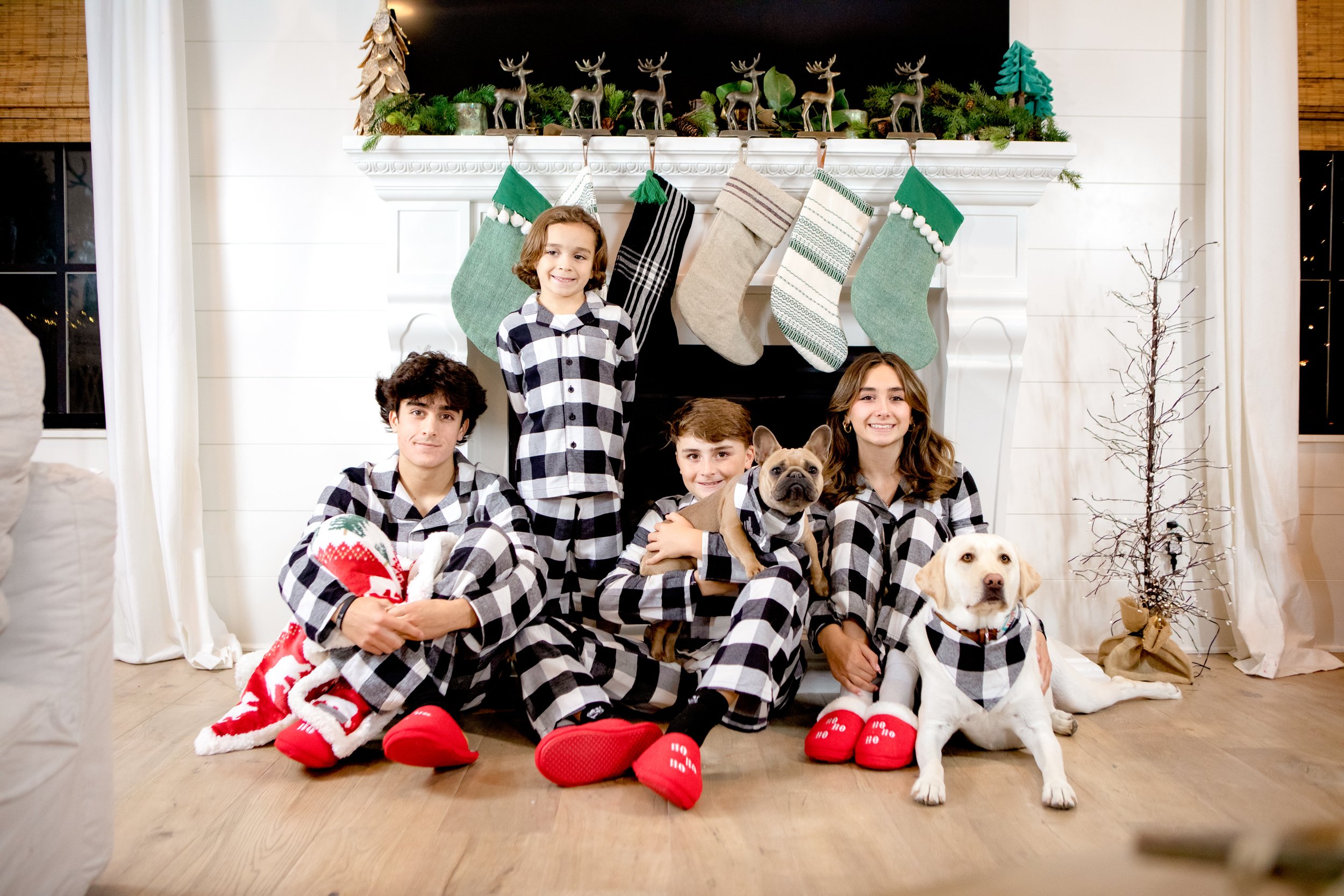
Understand Your Own Biases
Even without speaking with your children, you’re sharing with them your own thoughts and feelings on race and color. Have you ever crossed the street to move away from a group of people with a different ethnicity than you? Have you chuckled at a slightly racist joke? Children learn from our actions, not just our words.
Some of our own biases and discriminations may be subconscious, but making an effort to be aware of them and striving to be better will help your children learn from your mistakes as well.
At the same time, you can use your actions to reinforce positive behaviors. In our home, we have a wide, culturally-diverse network of friends. This enables our children to have a diverse range of friendships. Our children are Japanese, German, and Italian, and it’s important to us that they learn about different cultures and experiences outside of their own.
Jackie Robinson was the first African American player to play on a major league baseball team. He played his first game with the Dodgers on April 15, 1947.
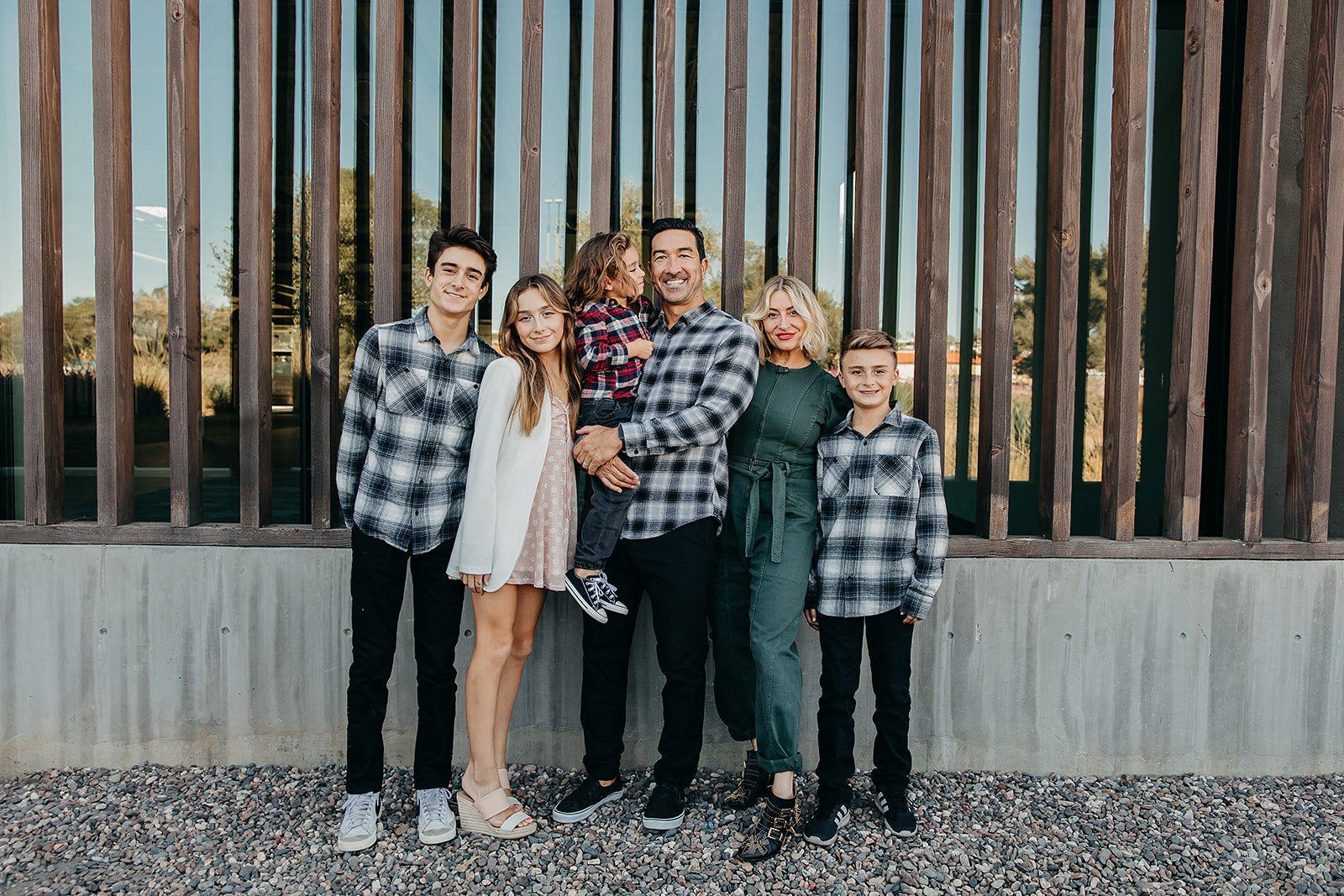
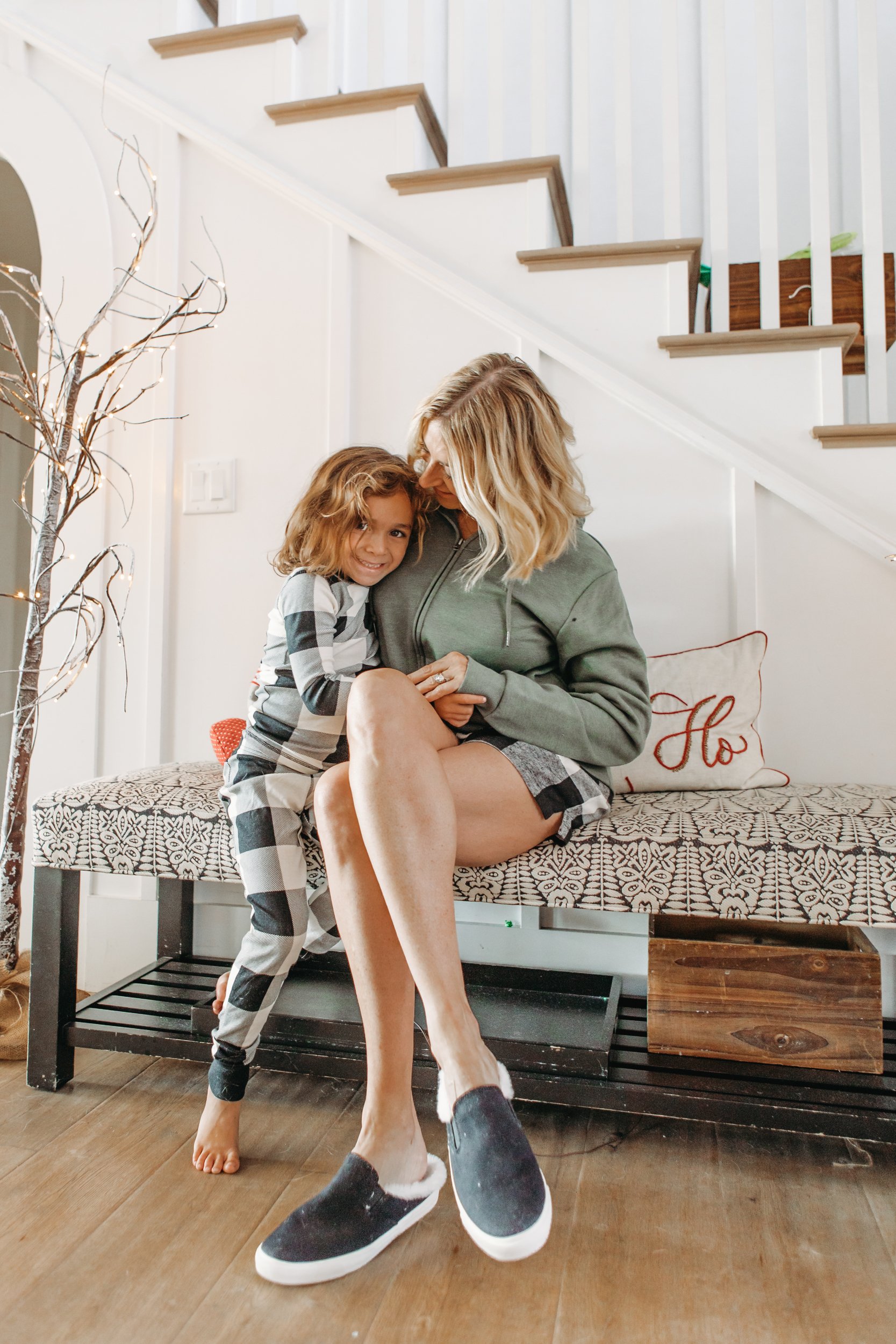
Helping Your Children Understand
Growing up in a post-pandemic world can be hard for kids. The last three years were unlike anything we’ve ever experienced. And now there’s another harsh reality to discuss.
But what seems hard to talk about now will only give them a better future. I want my kids to grow up in a world without racism, with equal rights and tolerance. I want my children to one day be able to stand up for other’s rights, for what they believe in, and be champions of equality and peace—but I know that it needs to start with me.
On August 28, 1963, some 250,000 people—both black and white—participated in the March on Washington for Jobs and Freedom, where Martin Luther King Jr. gave his famous speech.

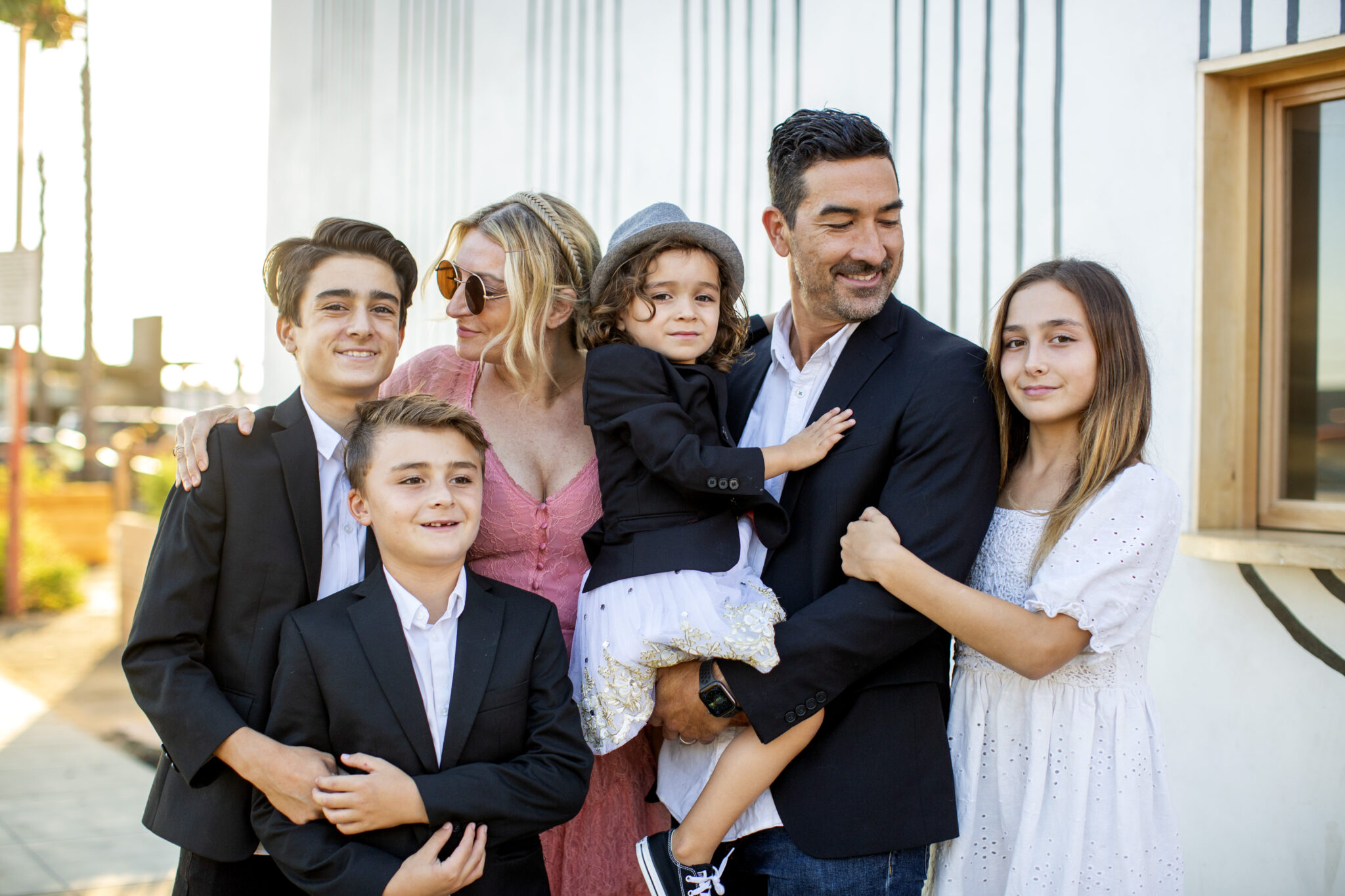
Open Conversation Resources For Racism
For parents that want to talk with their children about racism, there are a number of resources that can help you broach the subject:
Tolerance offers a free book on teaching tolerance, Beyond the Golden Rule: A Parent’s Guide to Preventing and Responding to Prejudice.
Common Sense Media has created a list of video games and books that include racially diverse characters.
Raising Equity provides free videos and resources on how parents can stand against racism while also educating themselves and their kids.
The New York Times has a series of videos called A Conversation on Race: A series of short films about identity in America. They interview a wide range of subjects from white police officers to African American teenagers.
PBS hosts a show, Africa’s Great Civilizations that educates viewers on the history of Africa.
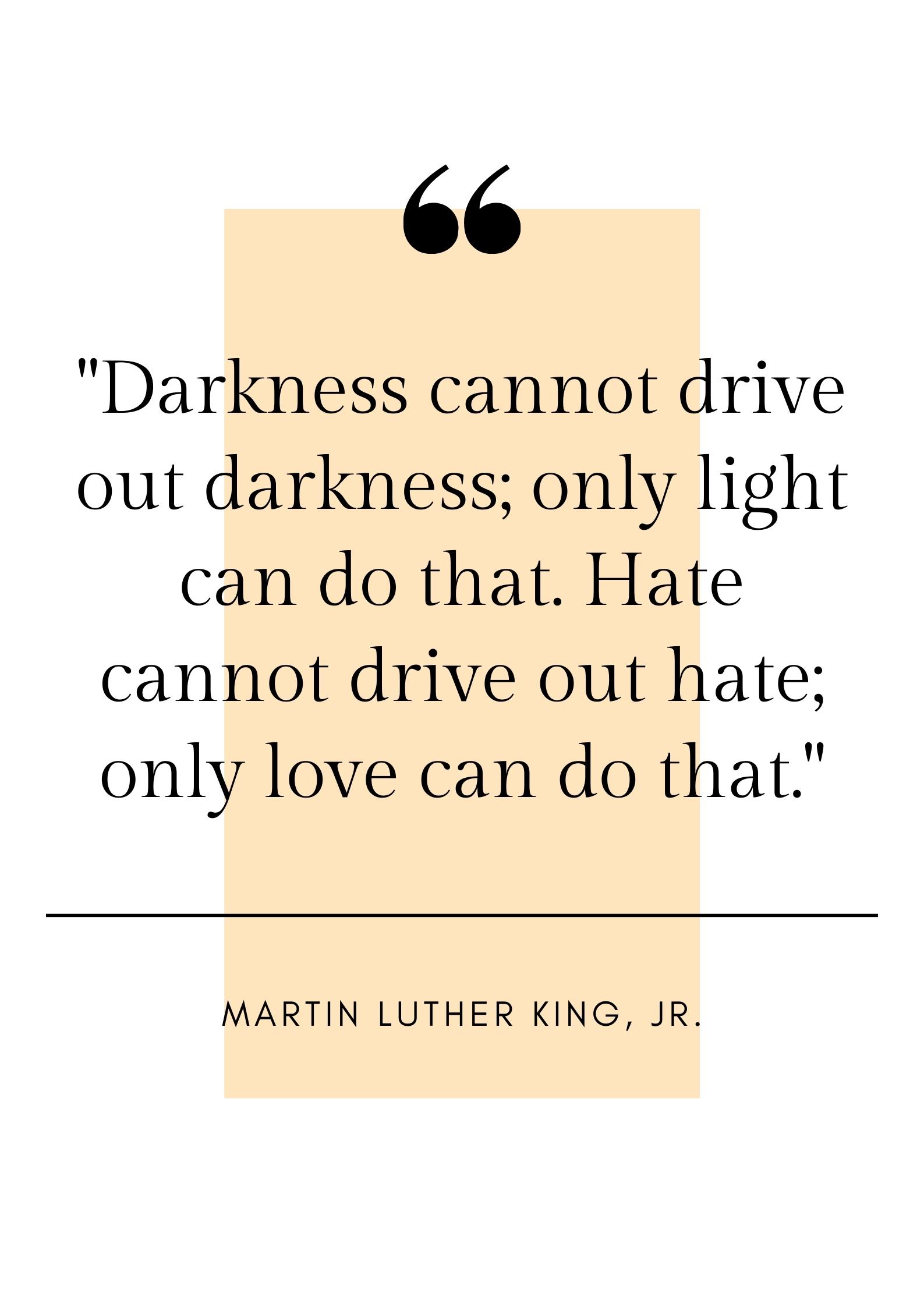
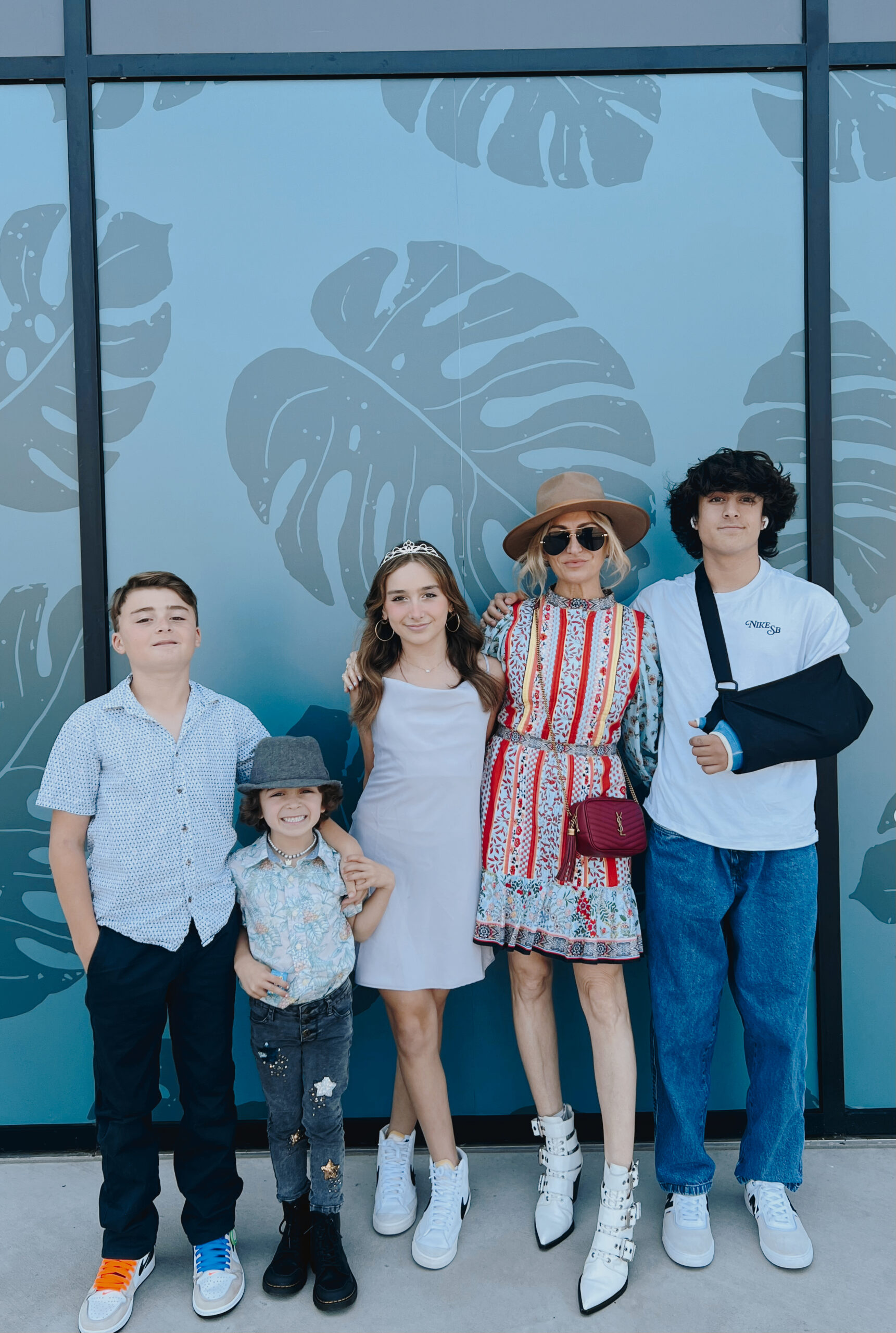
YOU MAY ALSO LIKE
SHOP THE LOOKS
Pin This Post
